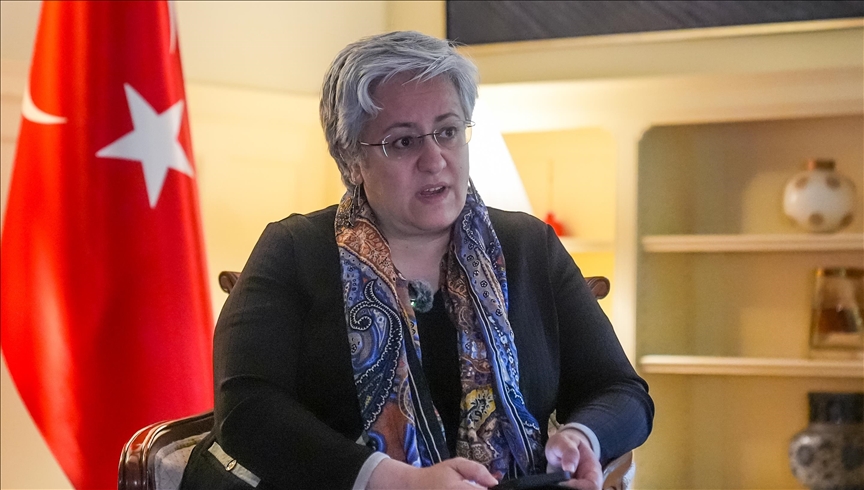Intersectoral vulnerability study round 2 – 2022: Living on bare minimum: an exploration of the vulnerability of refugees in Türkiye – Türkiye
The economic situation in Türkiye in 2022 has caused difficulties for both eligible and ineligible refugee households, including high inflation and rising costs for basic necessities such as food, energy, rent and household items. Both eligible and non-eligible households have experienced an increase in median income due to government measures, including minimum wage increases, and have reported using various sources of cash income such as paid work, loans from friends or relatives, and cash assistance from the ESSN programme. Household debt levels have remained similar to 2021, with an average of two months’ salary owed. Household expenditure has significantly increased over the past year, with nearly 80% of income being allocated to necessities such as food, shelter, energy, education and hygiene items. Education expenses have also increased due to the cost of sending children back to school after the COVID-19 pandemic. Overall, household expenditure has doubled compared to the previous year.
Study findings suggests that the majority of refugees in Türkiye are facing difficulties in meeting their basic needs. The ability to meet basic needs has slightly improved compared to the previous year, probably due to the end of COVID-19 restrictions and to wage increases. Most households live in bad-quality housing and rent their housing, with a small percentage owning their dwellings. A significant proportion of households share their home with other families, particularly in Istanbul and the Marmara and Aegean region. Electricity separate kitchens, safe water, sanitation facilities and waste management are widely available, with nonvulnerable households generally having more durable assets. Only a small percentage of households reported being comfortable enough to meet their food, housing, energy, education and hygiene needs, which make up 80 per cent of average monthly expenditure. The majority of households can barely meet these five needs with their current income and tend to deprioritize food, education and energy expenses due to high rents for housing.
The study shows that the proportion of people with severe or critical needs has reduced slightly since the end of the COVID-19 pandemic. The percentage of households facing severe conditions is nearly zero in IVS- 2, indicating a normalization of extremes after the severe deprivations suffered by some refugee households during COVID-19. On the other hand, the proportion of refugees in stressed conditions has increased in comparison of IVS-1, and the proportion of respondents in normal conditions has decreased, most likely due to high inflation, soaring prices of basic commodities and increased expenditure.




